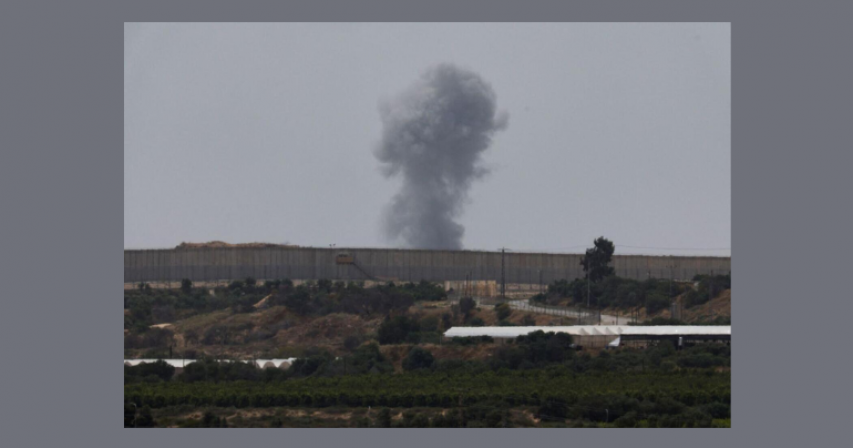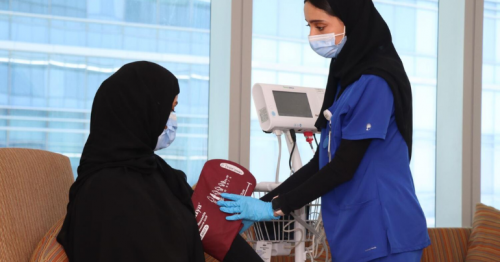Israeli military take control of vital Rafah crossing from Gaza into Egypt

The Israeli military's recent takeover of the Rafah border crossing between Gaza and Egypt has escalated tensions in the region, further complicating efforts to reach a ceasefire agreement. This development comes after Hamas, the militant group that governs Gaza, announced its acceptance of a ceasefire proposal from international mediators.
The proposal, which came after seven months of conflict, was seen as a potential breakthrough in the ongoing violence that has plagued the region. However, Israel rejected the terms of the ceasefire, citing concerns that they did not meet its demands. In response, the Israeli military launched a military operation in Rafah, pushing into the southern Gazan town and taking control of the vital border crossing.
The situation in Rafah escalated quickly, with Israeli tanks and planes conducting airstrikes and targeting several areas and houses in the town. Palestinian health officials reported that at least 20 Palestinians were killed and several others wounded in the strikes. The closure of the Rafah border crossing has further exacerbated the humanitarian crisis in Gaza, as it serves as a major route for aid into the enclave.
The Israeli military's incursion into Rafah has raised concerns about the safety and well-being of civilians in the area. Palestinian authorities condemned the Israeli actions, accusing Israel of sentencing the residents of Gaza to death by closing the border crossing. They also expressed concerns about the collapse of the healthcare system in Gaza, which has been further strained by the ongoing conflict.
The United States has urged Israel to exercise restraint and refrain from launching a major military campaign in Rafah until a humanitarian plan for the Palestinians can be developed. However, Israel has pressed forward with its military operation, claiming that victory in Rafah is essential to its security objectives.
The recent developments in Rafah have cast doubt on the prospects for a ceasefire agreement between Israel and Hamas. Despite Hamas's acceptance of the ceasefire proposal, Israel's rejection of the terms and its military actions in Rafah have complicated efforts to de-escalate the situation.
The international community has called for both sides to exercise restraint and work towards a peaceful resolution to the conflict. Diplomatic efforts are underway to revive negotiations and reach a ceasefire agreement that addresses the concerns of both Israel and Hamas.
In the meantime, the people of Gaza continue to suffer as the violence and humanitarian crisis worsen. The closure of the Rafah border crossing has further isolated Gaza from the outside world, exacerbating shortages of essential goods and services.
As the situation in Rafah remains volatile, there is growing concern about the potential for further escalation and bloodshed. Both Israel and Hamas must prioritize the well-being of civilians and work towards a peaceful resolution to the conflict to prevent further loss of life and suffering.
By: Sahiba Suri





Comments